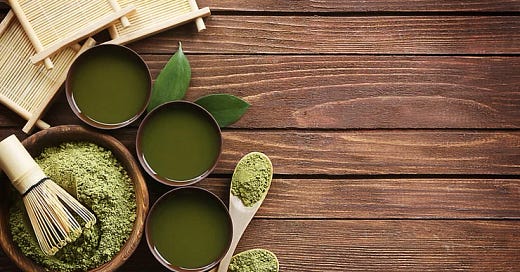In this article you will learn:
A little about herbs and how to use them properly
Why herbs must be used judiciously, even though they’re natural
Some great herbs to incorporate that are relatively safe
The Details:
It is true that herbs and herbal medicine can be a powerful intervention for healing a wide variety of ailments. Although I’ve had my fair share of experience with them through things like TCM (traditional Chinese medicine) or Ayurveda, or just plain old biohacking adventures, overall herbs are not necessarily part of The 5 Pillars of Optimal Health such as vitamins, minerals, enzymes, antioxidants and probiotics.
Herbs are Nature’s medications, and while they can have powerful effects, this doesn’t always mean a good thing. Remember that the best approach is to find the simplest, highest reward for the least amount of risk. It’s better to care more about long-term, sustainable habits rather than periodic, short bursts of random interventions.
Herbs for the most part do not work with all of these considerations. There are a few that can be used long term, but even those lack longitudinal studies and have certain downsides. Rhodiola for example, is a well-known herb in the class of adaptogens, or herbs that regulate processes in your body, whether they are too high or too low.
Keep reading with a 7-day free trial
Subscribe to The Dance of Life Podcast with Tudor Alexander to keep reading this post and get 7 days of free access to the full post archives.






